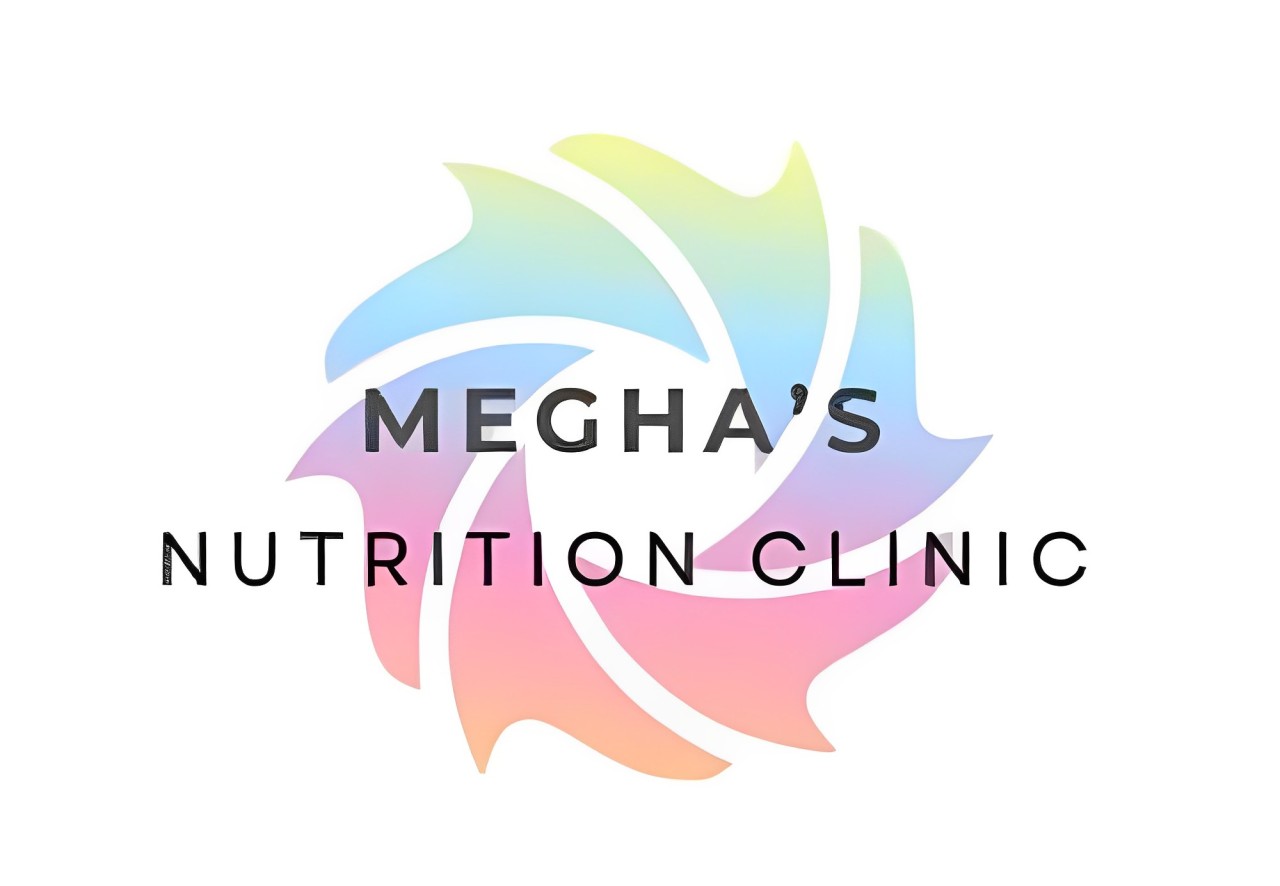Are you a foodie who loves experimenting with different types of salts in your cooking? Have you ever wondered which type of salt is the healthiest and most beneficial for your body? Salt is a ubiquitous ingredient in our daily lives, used to enhance the flavour of our food and preserve it. Salt is not just a seasoning, it has an essential mineral called sodium that is vital to our body’s proper functioning. However, with so many different types of salt available in the market, it can be overwhelming to choose the right one for our needs.
Let’s learn more about this seasoning that brings out the flavour in our food and adds a pinch of excitement to our taste buds!
Table salt, also known as sodium chloride, is the most commonly used salt in the world. It is refined and processed to remove impurities, leaving only sodium and chloride. Table salt is often fortified with iodine, a trace mineral that is essential for the proper functioning of the thyroid gland. It plays a critical role in the development of our brain and nervous system, and it’s also important for healthy thyroid function. In India, iodized salt is mandatory to be sold for human consumption as per the Prevention of Food Adulteration Act (PFA). The Act requires salt manufacturers to add a minimum of 30 parts per million (ppm) of iodine to their salt products. This is to ensure that the general public has access to iodine, an essential nutrient that helps regulate thyroid function and prevent iodine deficiency disorders (IDD).
Sea salt is another popular type of salt that is marketed as a healthier alternative to table salt. It is produced by evaporating seawater and contains trace amounts of minerals like magnesium, potassium, and zinc. Sea salt can contain varying amounts of iodine, depending on where it is harvested from. While some types of sea salt are naturally rich in iodine, others may not contain much iodine at all.
Himalayan pink salt has become a popular choice for health-conscious individuals, thanks to its supposed health benefits. It is sourced from the Himalayan mountains and is known to contain small amounts of minerals like iron, calcium, and potassium. However, despite its nutritional value, it is important to note that like sea salt, the amount of iodine present in Himalayan pink salt is not significant enough to be considered a reliable source of iodine for the body.
Kosher salt is a coarse-grained salt that is commonly used in Jewish cuisine. It gets its name from the fact that it is used in kosher meat, a process that involves removing the blood from the meat. Kosher salt does not contain iodine, so it should not be relied upon as a source of this important mineral.
Black Salt or Kala Namak is a type of rock salt that is commonly used in Indian cuisines. In Ayurvedic medicine, black salt is believed to have numerous health benefits, including aiding digestion and reducing acid reflux. However, it’s important to note that black salt is not a reliable source of iodine.
Now that we’ve explored the different types of salt available, let’s unravel the mystery behind hypothyroidism and its possible connection to the salt we consume.
Hypothyroidism is a condition where the thyroid gland does not produce enough thyroid hormones, leading to symptoms such as fatigue, weight gain, and depression. It is a common condition worldwide, especially in areas where iodine deficiency is prevalent. On the other hand, consuming excessive amounts of iodine can also lead to thyroid problems. This is because the thyroid gland can become overactive and produce too much thyroid hormone, leading to hyperthyroidism.
Therefore, it is important to consume the recommended amount of iodine for thyroid health, which is about 150 mcg per day for adults and 250 mcg for pregnant and lactating mothers(as per Indian standards)
Salt is a fascinating and essential component of our daily diet. However, not all salts are created equal, and it’s important to choose the right one for your needs. Table salt fortified with iodine is the best choice for maintaining thyroid health, so choose your salt wisely and savour the flavour while taking care of your health!
